For Cuba, welcoming a high-ranking Vietnamese leader in Havana is not only a political and diplomatic ritual, but also a reunion between brothers after a period of not seeing each other due to geographical distance.
National Assembly Chairman Vuong Dinh Hue received Cuban Prime Minister Manuel Marrero Cruz during his visit to Vietnam in September 2022. (Photo: QT)
Affirming special feelings
In an interview with the press on the occasion of the official visit to Cuba by National Assembly Chairman Vuong Dinh Hue, Dr. Ruvislei González Saez, Vice President of the Cuba-Vietnam Friendship Association and Director of the International Relations Program in Cuba, said that the visit is not only important from a political perspective, creating conditions to promote exchanges between the legislative bodies of the two countries, but also an opportunity for Cuba and Vietnam to learn from each other's experiences in many fields and reach relevant agreements within the framework of political- diplomatic and economic relations.
Cuban experts affirmed that, with the special feelings between the people of the two countries, National Assembly Chairman Vuong Dinh Hue's visit to Havana went beyond traditional protocols and received attention from the highest levels of leadership in the Caribbean island nation.
For Cuba, welcoming a high-ranking Vietnamese leader in Havana is not only a political and diplomatic ritual, but also a reunion between brothers after a period of not seeing each other due to geographical distance.
National Assembly Chairman Vuong Dinh Hue's visit to Cuba is the fourth visit to the Caribbean island nation by a Vietnamese legislative leader in the 21st century, following the visits of National Assembly Chairman Nguyen Van An in 2006, National Assembly Chairman Nguyen Phu Trong in 2010 and National Assembly Chairman Nguyen Thi Kim Ngan in 2016.
Immediately after hearing the news of the death of Commander-in-Chief Fidel Castro, the then Chairwoman of the Vietnamese National Assembly, Nguyen Thi Kim Ngan, led a delegation to Cuba, becoming the first foreign delegation to offer condolences to Havana.
According to Dr. Ruvislei González Saez, the two countries have had unique gestures and actions that characterize this special and unique relationship in the world.
The Vice President of the Cuba-Vietnam Friendship Association emphasized that the relationship between the two countries has great significance not only in terms of international relations but also for the development of the cause of national defense and socialist construction in each country.
Cuba and Vietnam are two of the five countries in the world with socialist political systems. Close and regular dialogue between the two Parties, the two Governments and the two peoples creates conditions for mutual trust, understanding and exchange of experiences in the face of challenges in the current complex international context.
Expert Ruvislei González Saez said that the mutual trust that revolutionary leader Fidel Castro and President Ho Chi Minh have worked hard to cultivate over time has created conditions for the two countries to maintain a common stance on bilateral and multilateral fronts, supporting each other in all fields during the most difficult times with the firm belief that the two peoples will always stand side by side.
Developing cooperation opportunities
According to Cuban researchers, although political and diplomatic relations between Vietnam and Cuba are always at the highest level, the two countries still have much room to strengthen cooperation on the basis of new mechanisms adjusted to suit the actual situation.
In the economic field, despite the current complex challenges and negative impacts caused by the embargo against Cuba, the two countries have great potential to strengthen cooperation mechanisms and economic connections. Dr. González Saez assessed that the potential for trade and investment between the two sides is very large.
Cuban scholars explained that with its growing presence in Latin America and the Caribbean, Vietnam needs more understanding of the region to promote its economic interests. Meanwhile, Cuba can be a bridge to help Vietnam thanks to its diverse economic agreements within the framework of the Latin American Association for Integration (ALADI) or the Caribbean Community (CARICOM).
On the other hand, Vietnam can be a great bridge for Cuba to connect with ASEAN. Thanks to Vietnam’s role as ASEAN Chair in 2020 and the support of many other countries, Cuba has become a member of the Treaty of Amity and Cooperation (TAC).
Cuba and Vietnam can also promote cooperation in specific sectors or fields such as health, biotechnology, environment. The two countries can increase the exchange of experiences and cooperation in tourism, customs services, public administration, or cultural, social, legal, academic issues and city-to-city twinning.
According to researcher González Saez, the Doi Moi process contributed to creating a leap in socio-economic development and Vietnam's experience with a socialist-oriented market economy are factors that Cuba needs to learn from, narrowing the cultural and geographical gap, in order to understand the achievements that Vietnam has made during the transition period to socialism.
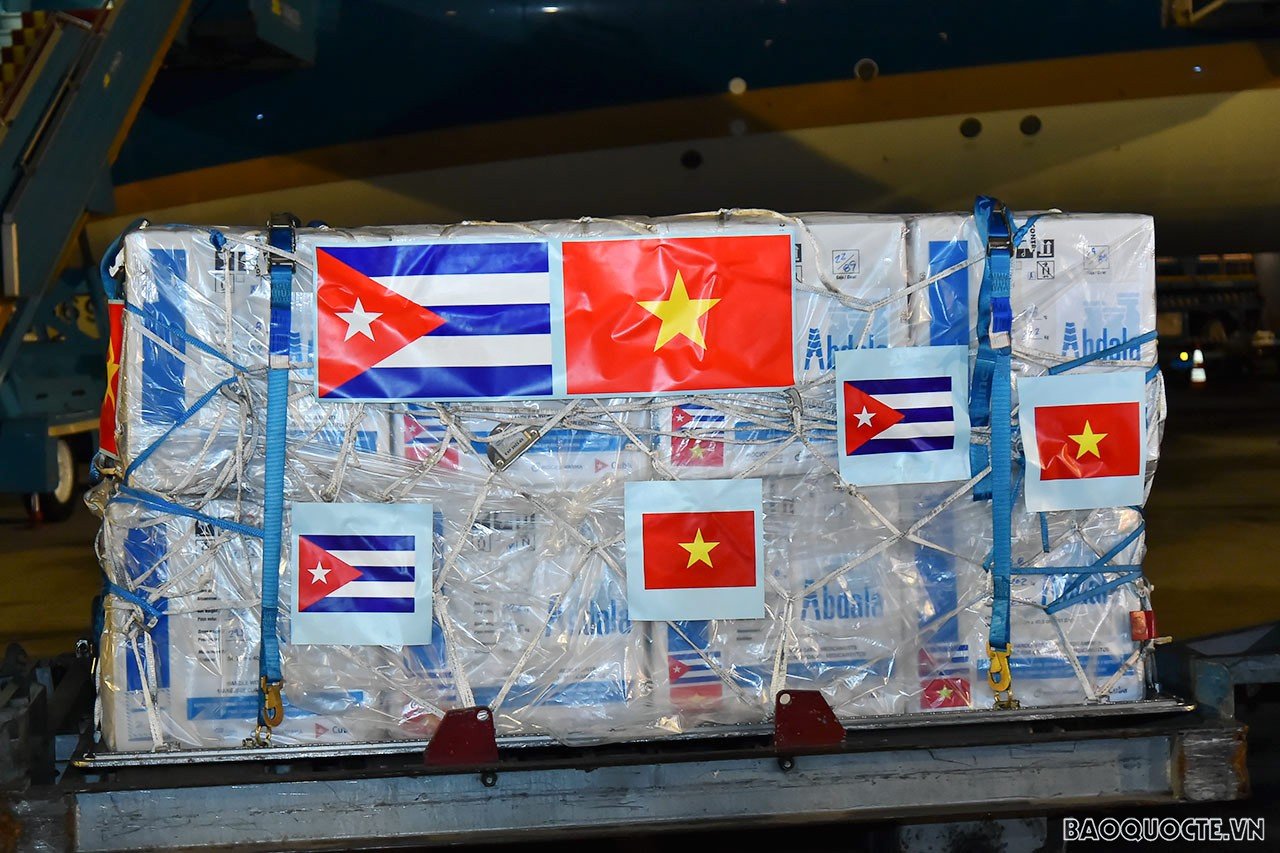 |
| Cuba's batch of Abdala Covid-19 vaccine arrived at Noi Bai airport, Hanoi, in September 2021, including 1.05 million doses, of which 900,000 doses were part of the 10 million dose purchase contract that Vietnam signed with the Cuban Center for Biological and Genetic Engineering; the remaining 150,000 doses were a noble gesture that Cuba gave to Vietnam when, at that time, Cuba had only vaccinated enough doses for about half of its population. |
Biotechnology cooperation, repelling the pandemic
Regarding bilateral cooperation during the Covid-19 pandemic, Dr. González Saez recalled that from the first moment of being affected by the epidemic, Vietnam and Cuba were ready to support each other in all scenarios.
Cuba did not develop a domestic Covid-19 vaccine for its own use, but instead shared it with Vietnam. Vietnam also immediately helped Cuba by sending many important donations, including personal support from Vietnamese who had studied in Cuba or simply had special feelings for this island in the Western Hemisphere.
In addition, we cannot fail to mention the efforts of Party agencies, departments, branches, as well as the Vietnam-Cuba Friendship Association as a bridge between the people of the two countries.
International relations experts believe that both Cuba and Vietnam have potential for cooperation in the field of biotechnology, as well as in research on Covid-19 prevention and treatment regimens.
Cuba has long overcome the pandemic, which has affected most countries in the world, and is ready to share with Vietnam. He warned that although the pandemic has subsided, it still exists and requires continuous close cooperation because it can reappear at any time. The risk of new pandemics or variants of existing diseases still exists.
In this scenario, continued cooperation and exchanges as well as the development of specific joint projects in one of the two countries are highly strategic. Cooperation can continue to develop in the exchange of experiences between experts from both countries, from theoretical seminars to laboratory cooperation.
On the other hand, Cuba and Vietnam can coordinate on specific joint projects, allowing the opening of specialized centers and not only thinking about bilateral benefits but also being able to contribute to other countries, including Vietnam's neighbors such as Laos or Cambodia.
Dr. González Saez affirmed that systematizing preventive research not only helps prevent disease outbreaks but also the emergence of new diseases. Cuba has great potential in developing biotechnology and is ready to share it with Vietnam./.
TG&VN
Source

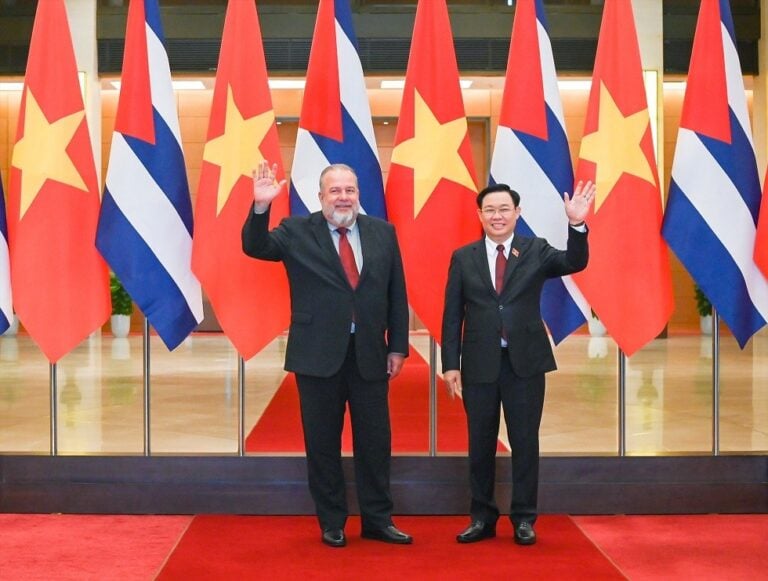
![[Photo] National Assembly Chairman Tran Thanh Man receives Chairman of the House of Representatives of Uzbekistan Nuriddin Ismoilov](https://vphoto.vietnam.vn/thumb/1200x675/vietnam/resource/IMAGE/2025/10/27/1761542647910_bnd-2610-jpg.webp)
![[Photo] The 5th Patriotic Emulation Congress of the Central Inspection Commission](https://vphoto.vietnam.vn/thumb/1200x675/vietnam/resource/IMAGE/2025/10/27/1761566862838_ndo_br_1-1858-jpg.webp)



![[Photo] Party Committees of Central Party agencies summarize the implementation of Resolution No. 18-NQ/TW and the direction of the Party Congress](https://vphoto.vietnam.vn/thumb/1200x675/vietnam/resource/IMAGE/2025/10/27/1761545645968_ndo_br_1-jpg.webp)
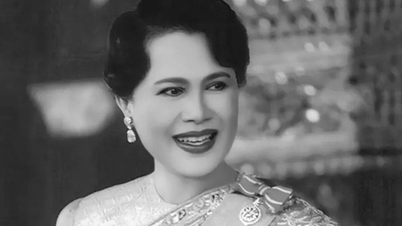

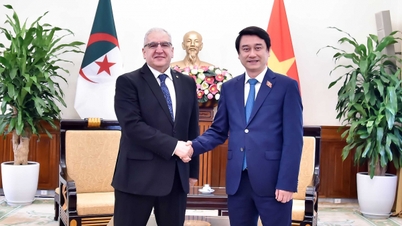

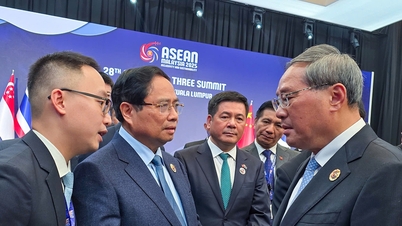

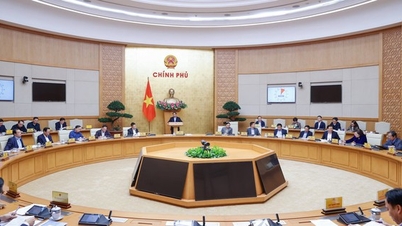
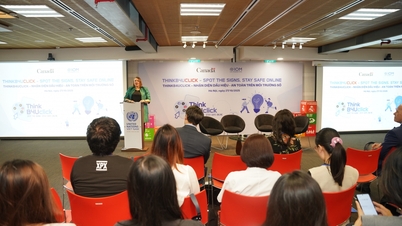

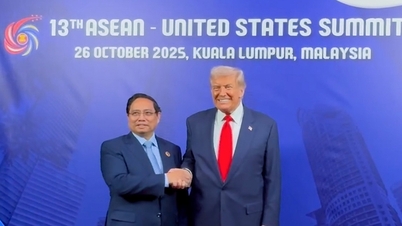




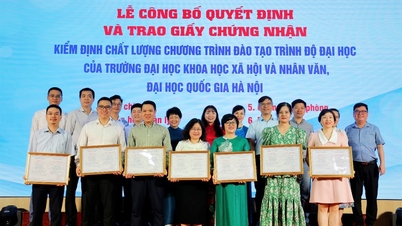
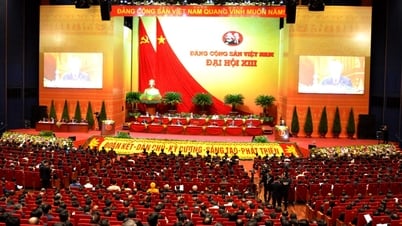

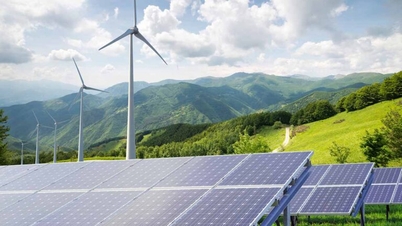

























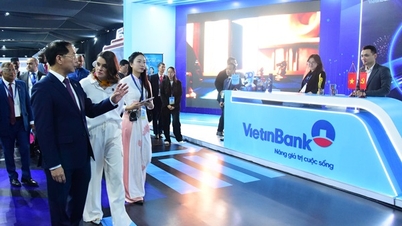














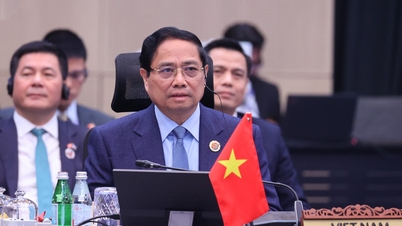








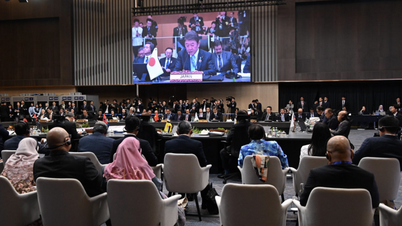

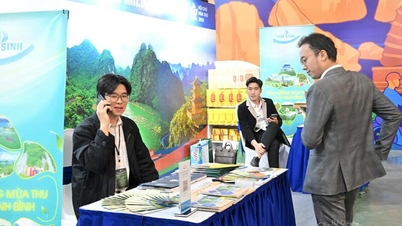
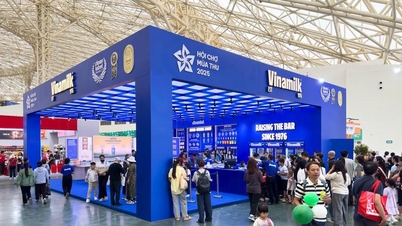
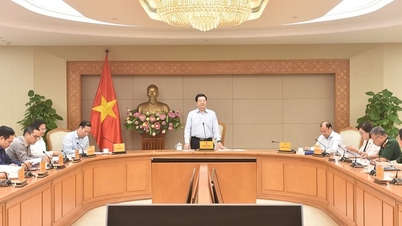

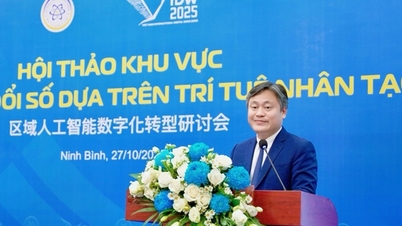
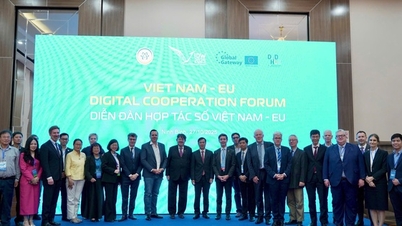
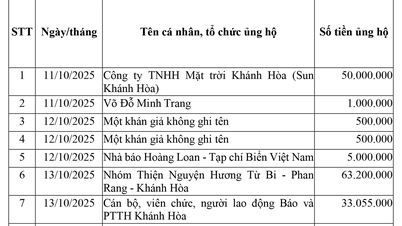

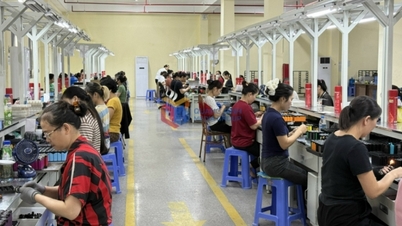

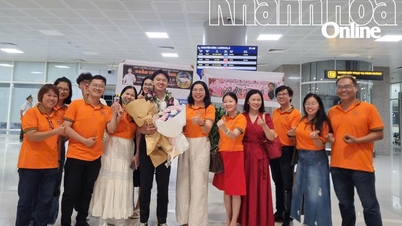
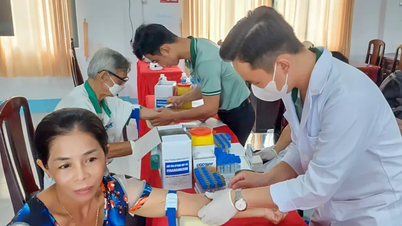

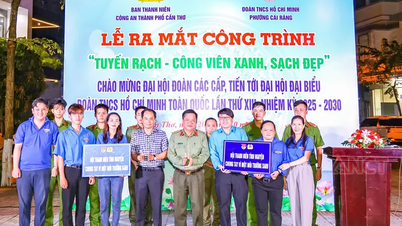
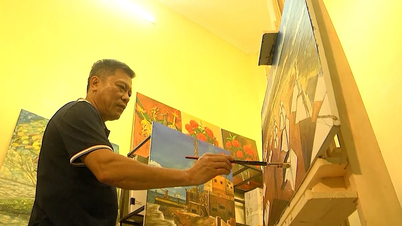

















Comment (0)